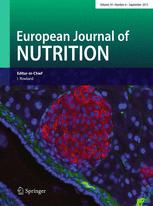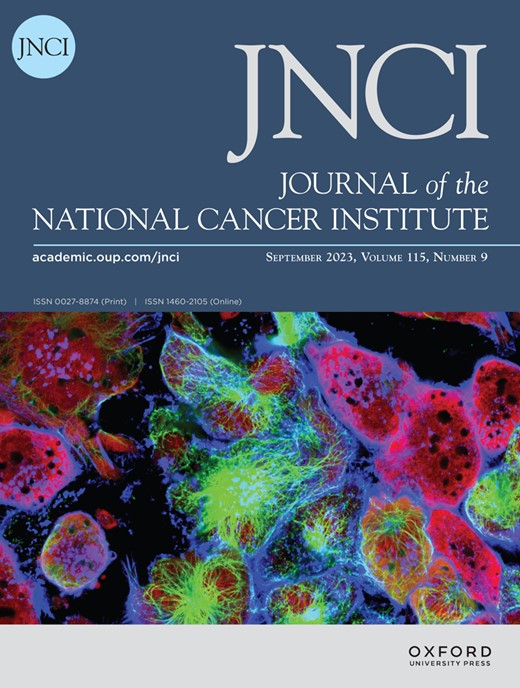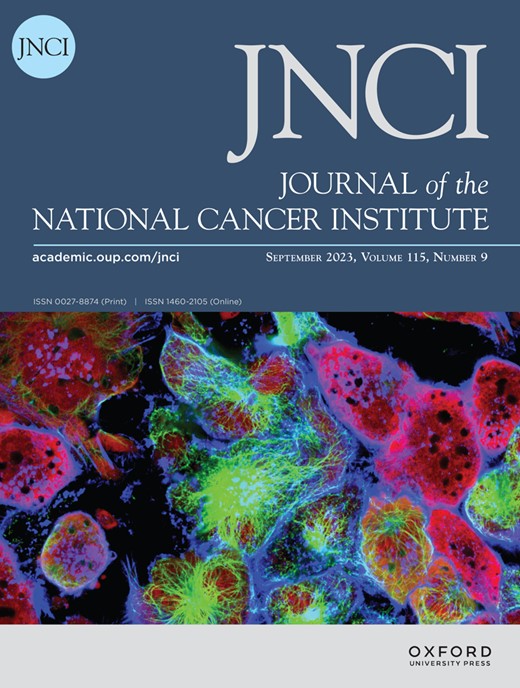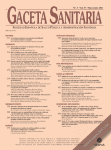Maternal Perfluoroalkyl Substances, Thyroid Hormones, and DIO Genes: A Spanish Cross-sectional Study
Results of studies on perfluoroalkyl substances (PFASs) and thyroid hormones (THs) are heterogeneous, and the mechanisms underlying the action of PFASs to target THs have not been fully characterized. We examined the relation between first-trimester maternal PFAS and TH levels and the role played by polymorphisms in the iodothyronine deiodinase 1 (DIO1) and 2 (DIO2)…












